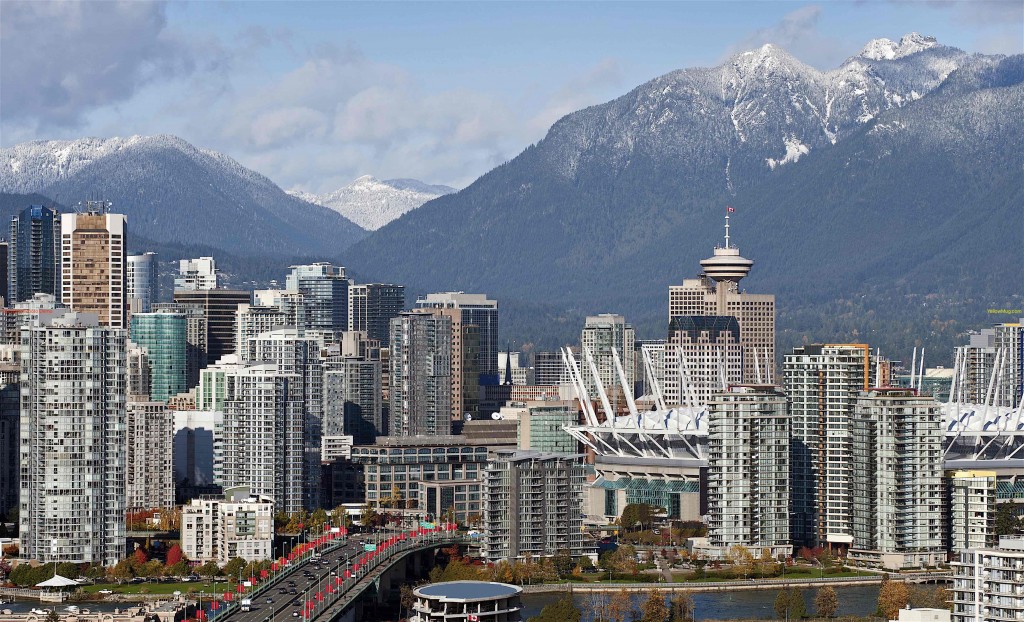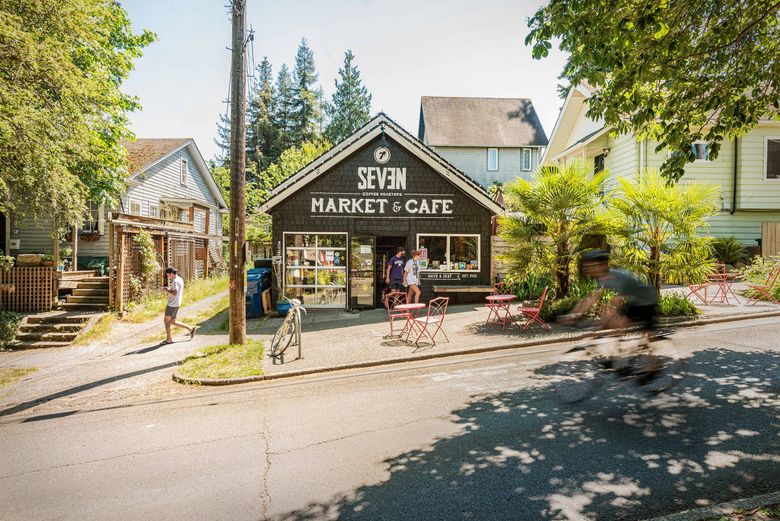Sounds familiar, I'll look into it but I'm skeptical this is a core driver of the price surge across various metro areas in the country.
Your own link says this:
Most investor purchases were either small(1 to 9 properties) or medium (10 to 99 properties) investors. Your average prospective buyer seems more likely to be competing with aspiring Boomer landlords than corporations if anything.
No I am talking about suburbs, they should be mixed use and allow for small scale, low impact businesses like corner stores, grocers, cafes, diners and so on. Something like this
A small building with little to no parking for customers that it more or less the size of adjacent residential buildings which is low impact and ideally run by a local homeowner.
When you think of a McDonald's in your local neighborhood you're probably imagining a typical drive thru establishment like this
But the whole point of mixed use, pedestrian friendly neighborhoods is to reduce car dependence so if its not already clear I would never want any drive-thru business in a neighborhood. Again, I'm talking small scale, low impact businesses that can be run out of a garage or a retrofitted SFH.










